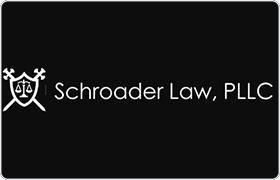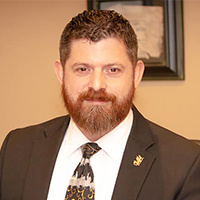Gig Harbor Criminal Lawyer, Washington
Sponsored Law Firm
-
 x
x

Click For More Info:
-
Schroader Law, PLLC
1105 Tacoma Ave S Tacoma, WA 98402» view mapCriminal Defense Exceptional Legal Service
Schroader Law, PLLC offers superior service from start to finish. Attorney Schroader is a knowledgeable lawyer offering comprehensive legal advice with realistic expectations.
800-916-9671
Leslie E Tolzin
Divorce & Family Law, DUI-DWI, Criminal, Civil & Human Rights
Status: In Good Standing
FREE CONSULTATION
CONTACTAmity A Bjork
Other, Juvenile Law, Criminal, Merger & Acquisition
Status: In Good Standing Licensed: 27 Years
Ann Farrell Stenberg
Juvenile Law, Social Security, Criminal, Civil Rights
Status: Deceased Licensed: 31 Years
Barbara L. Corey
Immigration, Federal Appellate Practice, Criminal, Medical Malpractice
Status: Deceased Licensed: 43 Years
Barry M. Ward
State Government, Criminal, Constitutional Law, Administrative Law
Status: Inactive Licensed: 34 Years
Brandi E. Yergeau
Juvenile Law, Wills, Estate Planning, Family Law
Status: In Good Standing Licensed: 9 Years
 Dennis Schroader Tacoma, WA
Dennis Schroader Tacoma, WA Practice AreasExpertise
Practice AreasExpertise
